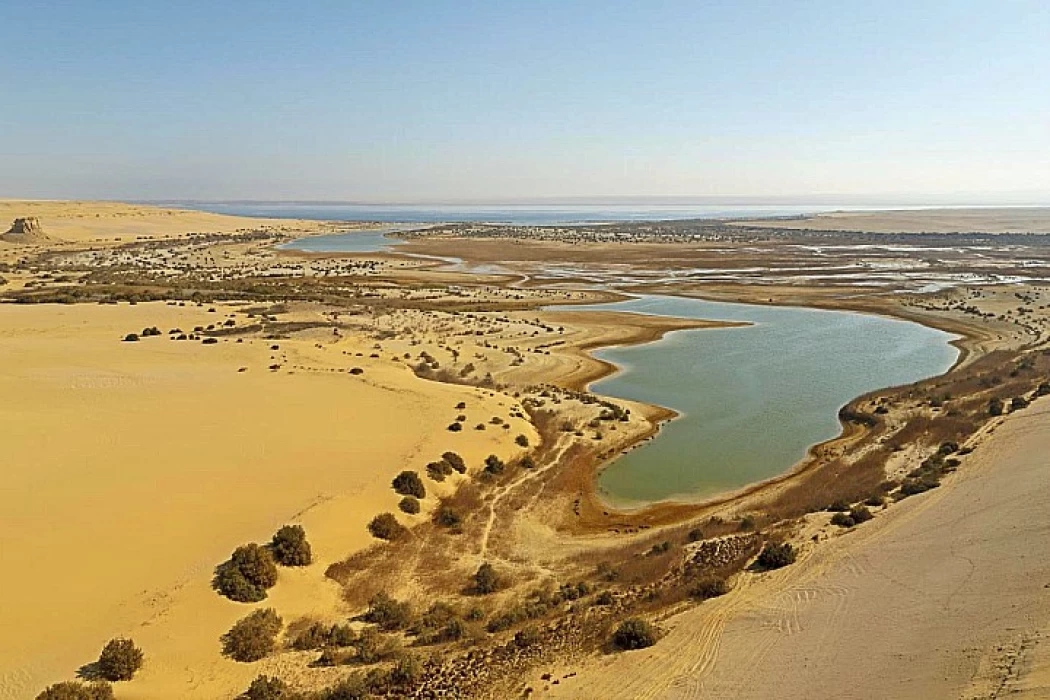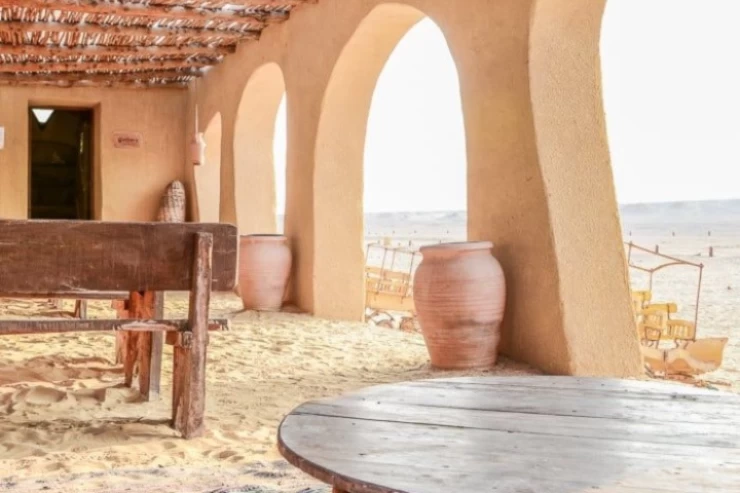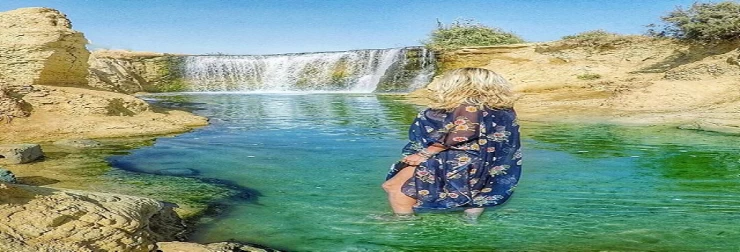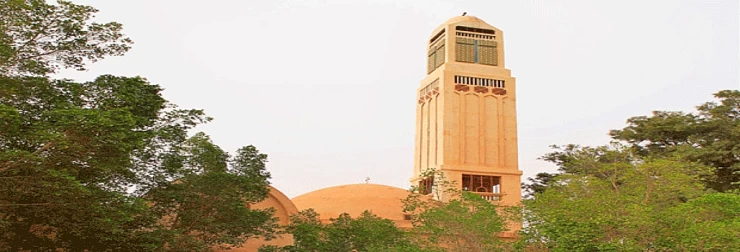
Al Fayoum
El Fayoum Oasis, a captivating and historically rich region located in Egypt, is a unique blend of natural beauty and ancient heritage. Nestled in the western desert, approximately 130 kilometers southwest of Cairo, El Fayoum is renowned for its lush landscapes, diverse wildlife, and historical significance.
Geographic and Environmental Features
El Fayoum Oasis is characterized by its distinctive geographical features. It is situated in the depression of the Nile Valley, which has created a fertile area amidst the arid desert landscape. The oasis is fed by the Nile through the Bahr Youssef canal, which was originally constructed by the Pharaohs to bring water to the region. This canal continues to sustain the lush agricultural lands of the oasis, making it a vital area for farming and water resources in an otherwise dry environment.
Lake Qarun
One of the most prominent features of El Fayoum is Lake Qarun, an ancient saline lake that is one of the oldest in the world. The lake, which covers an area of approximately 240 square kilometers, is a key ecological feature of the oasis. It supports a range of wildlife, including migratory birds and fish, and is a crucial resource for local fishermen. The lake's water levels fluctuate seasonally, influencing both the local climate and the agricultural cycles in the region.
Historical Significance
El Fayoum has been inhabited since ancient times and boasts a rich historical heritage. Its history dates back to Pharaonic Egypt, where it was known for its agricultural productivity. The region was considered a vital grain-producing area and played a significant role in the economic and cultural life of ancient Egypt.
Ancient Temples and Ruins
The oasis is home to several important archaeological sites. The ancient city of Crocodilopolis, modern-day Medinet el-Fayoum, was a major center of worship for the crocodile god Sobek. Temples and ruins from this period, including the Temple of Sobek and a number of tombs, offer a glimpse into the religious and cultural practices of the time.
Another notable site is the village of Tunis, famous for its pottery and traditional crafts. The area has been continuously inhabited and its craftsmanship reflects a blend of ancient techniques and modern artistry.
Modern Attractions and Activities
Today, El Fayoum is a popular destination for both local and international tourists, offering a range of activities and attractions:
Nature and Wildlife: The oasis is a haven for nature enthusiasts. Visitors can explore the natural beauty of Lake Qarun, the Wadi El Rayan Protected Area, and the Wadi El Hitan (Whale Valley), which is known for its fossilized whale skeletons and UNESCO World Heritage status. These sites provide excellent opportunities for hiking, birdwatching, and photography.
Agricultural Tours: El Fayoum’s traditional farming methods and its lush agricultural lands attract those interested in agritourism. Visitors can tour local farms, experience traditional farming practices, and sample the region's fresh produce.
Cultural Experiences: The oasis is known for its vibrant local culture. Visitors can engage with local artisans, explore traditional crafts, and enjoy the hospitality of the region’s communities.


















